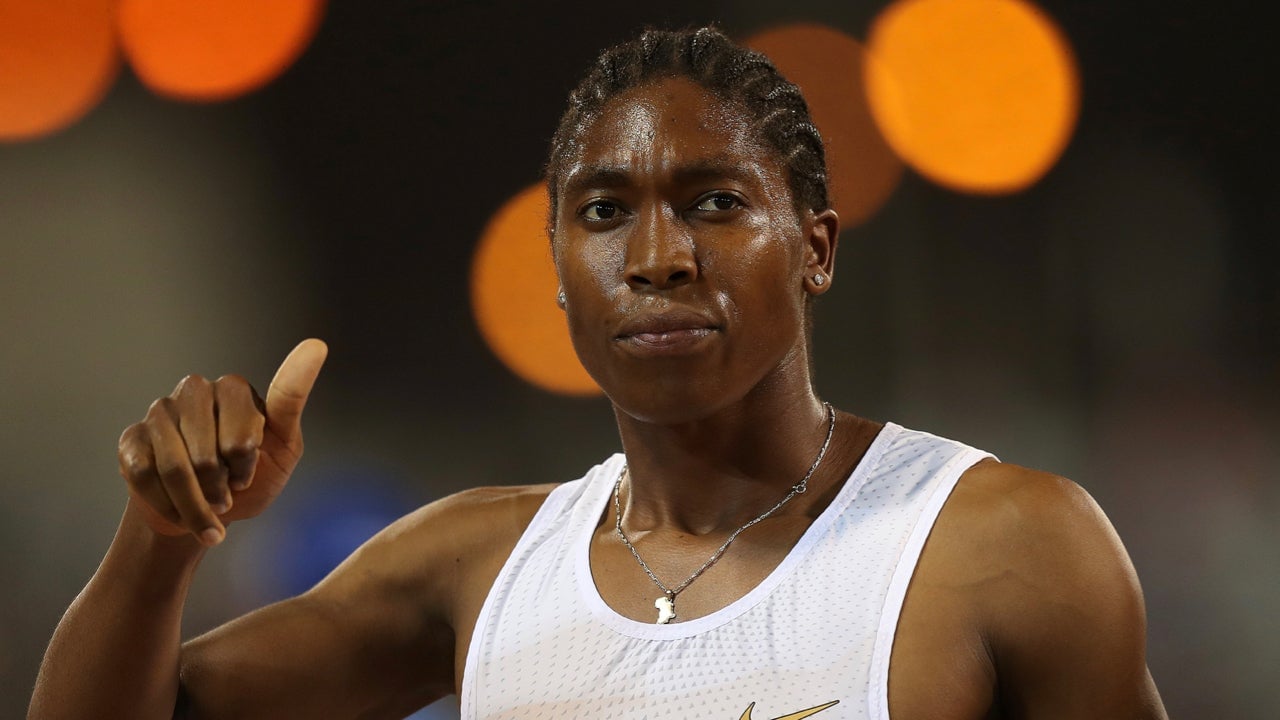Nike’s latest advertisement features yet another athlete taking a stand
Caster Semenya has smashed record after record, and yet she has had to face as much criticism as she has praise.


Caster Semenya has smashed record after record, and yet she has had to face as much criticism as she has praise.
The 800-meter runner is the latest athlete to star in a Nike advertisement that challenges the status quo. The advert is a clear message to Semenya’s critics, who for years have been fixated on her sexual biology since she her first victory at the age of 18. Now 27, Semenya remains the face of a gender debate that she has never willingly participated in, instead she’s only wanted a chance to compete fairly and that’s the message of the Nike ad.
In it, we see Semenya about to take another victory, then the advert rewinds through her life, receiving her medals with pride, showing off her signature gesture as she signs autographs—a nod to the sporting hero Semenya has become in South Africa. Of course, sponsored by Nike, her branded gear is on full display.
The advert recreated her childhood, racing along on a dirt road, playing in the dusty fields of South Africa’s impoverished northern Limpopo province, and eventually, taking her first steps. Semenya narrates the story with a series of questions:
Will it be easier for you if I wasn’t so fast? Will it be simpler if I stop winning? Would you be more comfortable if I was less proud?Would you prefer if I hadn’t worked so hard? Or just didn’t run, or chose a different sport?
Or just didn’t love it? Or stopped at my first steps?
That’s too bad, because I was born to do this.
Semenya is a self-proclaimed “beast” on the track and uses her social media accounts to challenge her critics and proclaim her resilience. On the track, she is relentless. On Sunday (Sept. 9), Semenya earned yet another athletic title, winning the 800-meter race at the International Association of Athletics Federations cup in Ostrava in the Czech Republic.
Semenya is currently appealing IAAF rules that could end her career. The world athletics body wants female athletes with high levels of testosterone will be required to take medication to reduce and maintain lower levels of the hormone to participate in track races between 400 meters and a mile at international events. The rules are meant to go into effect in November, and as she continues to challenge IAAF through the Court of Arbitration for Sport, her protest has the backing of one of the world’s largest sporting goods brands.
Earlier this month, Nike took sides in a national US debate on the right to protest in the United States, when it made NFL player Colin Kaepernick the face of the 30th anniversary of its “Just Do It” campaign. An unsigned Kaepernick has been at odds with his own sporting body since 2016 when he protested police brutality and racial injustice by kneeling during the national anthem. And, when the French Open banned Serena Williams’ catsuit, Nike had an a response for that too: